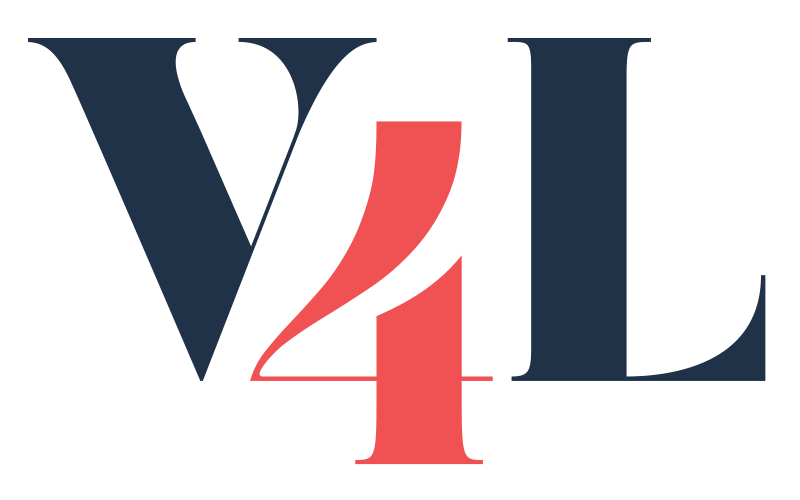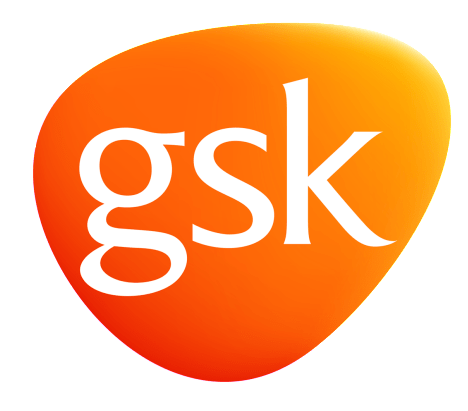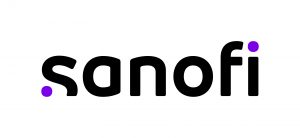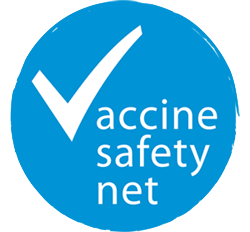Joint Statement: Stopping the Spread of Vaccine Misinformation

Vaccination is a proven mechanism for managing and eliminating life-threatening infectious diseases and is estimated to prevent approximately 2 – 3 million deaths each year. It is one of the most cost-effective public health interventions that is accessible to even the most hard-to-reach and vulnerable populations.[1] A life course approach to vaccination as a gold standard would provide a point of contact for health care from the beginning of life and offer every person the chance at a healthy life from infancy and into old age.[2]
Despite the many benefits of immunization,[3] low adult vaccination uptake rates are a serious public health concern in the context of healthy ageing and escalating health and social care costs. The value of vaccines for adults is underappreciated and vaccine coverage is subpar for specific risk groups including older adults and people with chronic conditions, where the burden of vaccine preventable diseases (VPDs) remains.

The reluctance or refusal to vaccinate despite the availability of vaccines – known as vaccine hesitancy – is rising and threatens to reverse progress made in tackling vaccine-preventable diseases. It has been identified as one of the top ten threats to global health by the World Health Organization.4 The misconception that vaccination is an unnecessary and harmful intervention has contributed to the resurgence of measles – where a 30% increase is observed globally4 – and other infectious diseases such as whooping cough, in places where they were initially eradicated or under control.
Public health experts and health professionals all over the world are fighting against false claims that are made daily using social media platforms. Facebook has been under pressure regarding anti-vaccination information displayed on its site and will block advertising containing misinformation about vaccines.5 The American Medical Institute (AMA) is challenging other media channels including Amazon, Google and Twitter who have started removing advertisements on their websites as well.6
While the reasons for refusing vaccination are complex, the decision ultimately leads to consequences on a local, regional, national and global scale. Those impacted most by decreasing vaccine coverage are vulnerable populations, who rely on herd immunity for protection from infectious disease.
Public health and organizations representing at-risk groups such as older people and those with chronic diseases must make a collective effort to ensure that accurate information is communicated effectively. Furthermore, health care professionals (HCPs) are encouraged to educate their patients on the life-saving benefits of immunization as a disease prevention strategy, especially with those who are at increased risk of complications. A consistent narrative around immunization within healthcare and across disciplines is critical to improved vaccine uptake.
This World Immunization Week, World Coalition on Adult Vaccination members unite to raise awareness on a life course approach to vaccination, educate communities on the importance of immunization, address vaccine misinformation and advocate for equitable access.
Taking into consideration differences within and between countries, Coalition members have agreed that:
- Immunization saves millions of lives every year and is fundamental to a life course approach to healthy ageing;
- Governments, public health organizations and health care professionals are called to listen to public concerns and engage with targeted populations in communication strategies to maintain or restore trust;
- The decision to vaccinate impacts health at an individual and societal level; and
- Consistent and truthful information on the importance of immunization is critical across disciplines.
World Immunization Week is a time for organizations across disciplines and sectors to come together, stand in solidarity and advocate for the common goal of increasing vaccination uptake, coverage, accessibility and availability across the world. To protect the health, well-being and functional ability of people of all ages against disease, vaccination remains to be an invaluable instrument of health.
CONTACT:
Dr Jane Barratt
Secretary General
International Federation on Ageing
jbarratt@ifa-fiv.org | +1 416 342 1655
References:
[1] World Health Organization. “Immunization”. Retrieved from https://www.who.int/topics/immunization/en/
[2] World Health Organization. “World Immunization Week 2019”. Retrieved from https://www.who.int/news-room/events/detail/2019/04/24/default-calendar/world-immunization-week-2019
[3] Gemmill I. (2015). Vaccines for adults: The time has come. Canada communicable disease report.41(Suppl 3), 2–5.
[4] World Health Organization. “Ten Threats to Global Health in 2019”. Retrieved from https://www.who.int/emergencies/ten-threats-to-global-health-in-2019
[5] Cohen, E & Bonifield, J 2019, Facebook to get tougher on anti-vaxers, CNN, viewed 21 March 2019, https://edition.cnn.com/2019/02/25/health/facebook-anti-vaccine-content/index.html
[6] Johnson, SR 2019, AMA urges Amazon, Facebook, Google and Twitter to do more to limit false anti-vaccine claims, Modern Healthcare, viewed 21 March 2019, https://www.modernhealthcare.com/safety/ama-urges-amazon-facebook-google-and-twitter-do-more-limit-false-anti-vaccine-claims






